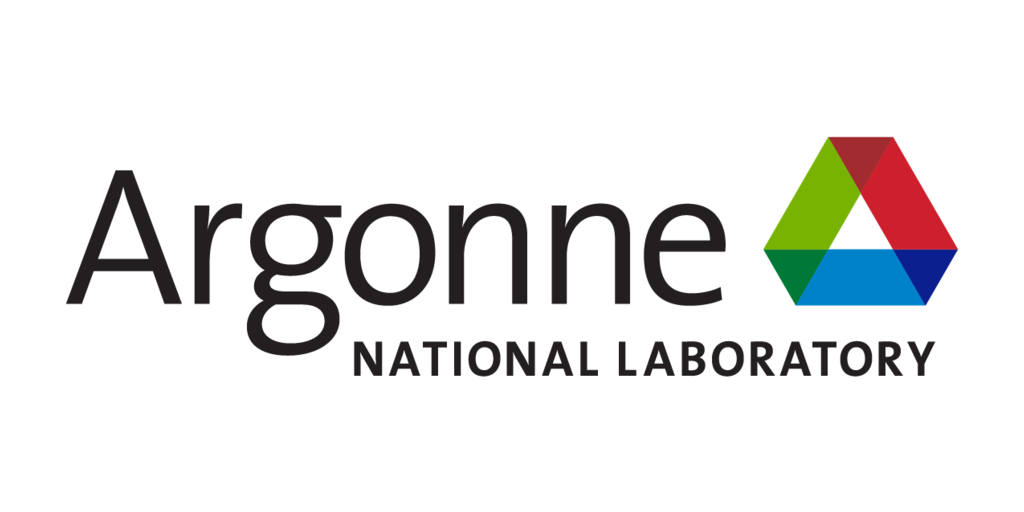Department of Energy selects Argonne to lead national energy storage hub
LEMONT, Ill.–(BUSINESS WIRE)–The U.S. Department of Energy (DOE) announced the creation of two new Energy Innovation Hubs. One of the national hubs, the Energy Storage Research Alliance (ESRA), is led by DOE’s Argonne National Laboratory and co-led by DOE’s Lawrence Berkeley National Laboratory (Berkeley Lab) and Pacific Northwest National Laboratory (PNNL).
ESRA (pronounced ez-ruh) brings together nearly 50 world-class researchers from three national laboratories and 12 universities to provide the scientific underpinning to address the nation’s most pressing battery challenges, including safety, high-energy density and long-duration batteries made from inexpensive, abundant materials. ESRA’s primary aim is to push the boundaries of energy storage science to drive technological innovation and strengthen U.S. economic competitiveness.
“The demand for high-performance, low-cost and sustainable energy storage devices is on the rise, especially those with potential to deeply decarbonize heavy-duty transportation and the electric grid,” said Shirley Meng, ESRA director, chief scientist of the Argonne Collaborative Center for Energy Storage Science and professor at the Pritzker School of Molecular Engineering at the University of Chicago. “To achieve this, energy storage technology must reach levels of unprecedented performance, surpassing the capabilities of current lithium-ion technology. The key to making these transformative leaps lies in a robust research and development initiative firmly grounded in basic science.”
Leveraging decades of national investment in basic sciences, ESRA seeks to enable transformative discoveries in materials chemistry, gain a fundamental understanding of electrochemical phenomena at the atomic scale and lay the scientific foundations for breakthroughs in energy storage technologies.
“ESRA creates an energy storage research ecosystem with the mission to rapidly innovate, shorten the time between basic discovery and technology development, and train the next-generation workforce,” said Bryan McCloskey, ESRA deputy director for scientific thrusts and faculty engineer in the Energy Storage and Distributed Resources Division at Berkeley Lab.
The achievement of ESRA’s goals will lead to high-energy batteries that never catch fire, offer days of long-duration storage, have multiple decades of life and are made from inexpensive, abundant materials.
“ESRA will pave the way for innovative energy storage solutions that drive both U.S. prosperity and security,” said Argonne Director Paul Kearns. “As the lead laboratory for ESRA under the Department of Energy’s Office of Science, Argonne takes pride in spearheading this collaborative effort that unites world-leading experts and taps the impressive scientific resources available in national labs and academia.”
ESRA funding by the Department of Energy is up to $62.5 million for up to five years.
The Argonne-led hub will also place a central focus on training a diverse, next-generation battery workforce for future manufacturing needs through innovative training programs with industry, academia and government.
“Cultivating a diverse workforce dedicated to safeguarding America’s energy resilience is key to ESRA’s mission,” said Wei Wang, ESRA deputy director for crosscuts and director of the Energy Storage Materials Initiative at PNNL. “Through our strategic equity and inclusion initiatives, we plan to create a robust training ground for energy storage science from the undergraduate to postdoctoral levels.”
ESRA co-leads Berkeley Lab and PNNL together bring expertise that spans the energy storage landscape. Their state-of-the-art capabilities in energy storage technology discovery, modeling and simulation, and materials synthesis and characterization, complement those of Argonne. Together, these national laboratories will help reshape the future of energy storage.
Argonne is joined in the collaboration by 14 partners that are embedded in all aspects of ESRA: participation in each of the scientific thrusts, governance and development of the hub strategy, and training of the next generation of battery scientists and researchers. The collaboration among national laboratories and universities is crucial to discovering new materials, accelerating technology development and commercializing new energy storage technologies. The ESRA partners are:
- Columbia University
- Duke University
- Lawrence Berkeley National Laboratory
- Massachusetts Institute of Technology
- Pacific Northwest National Laboratory
- Princeton University
- UC San Diego
- UChicago
- University of Houston
- University of Illinois Chicago
- University of Illinois Urbana-Champaign
- University of Michigan
- Utah State University
- Xavier University
Contacts
Christopher J. Kramer
Head of Media Relations
Argonne National Laboratory
Office: 630.252.5580
Email: media@anl.gov



